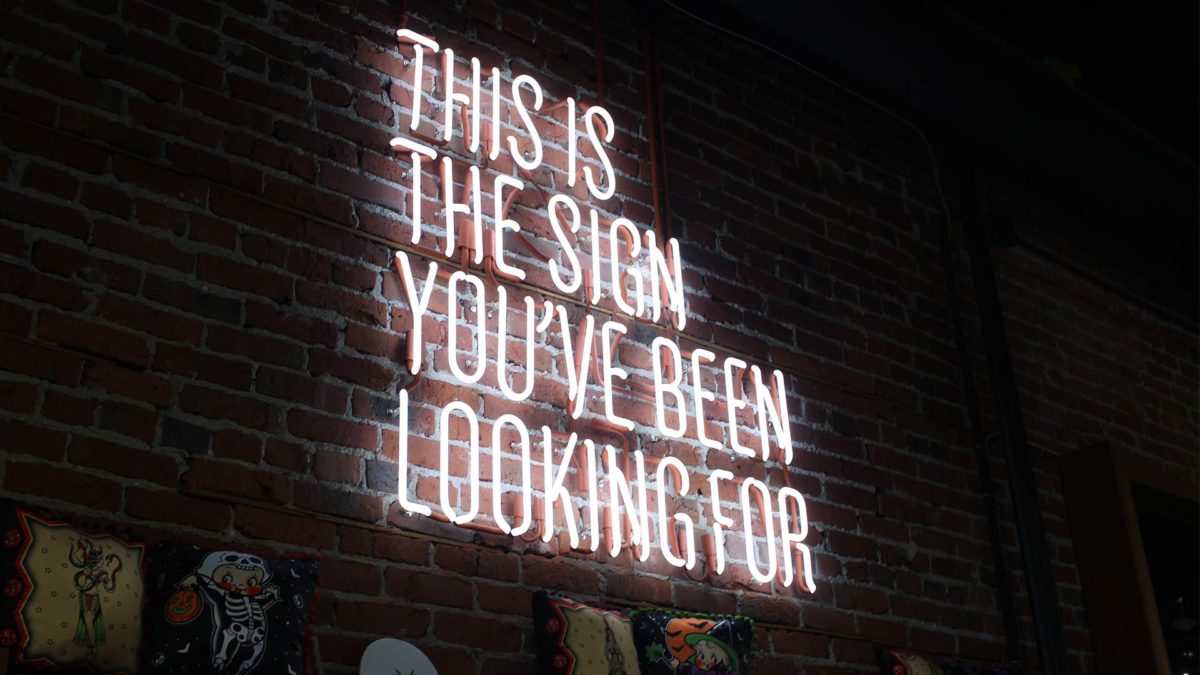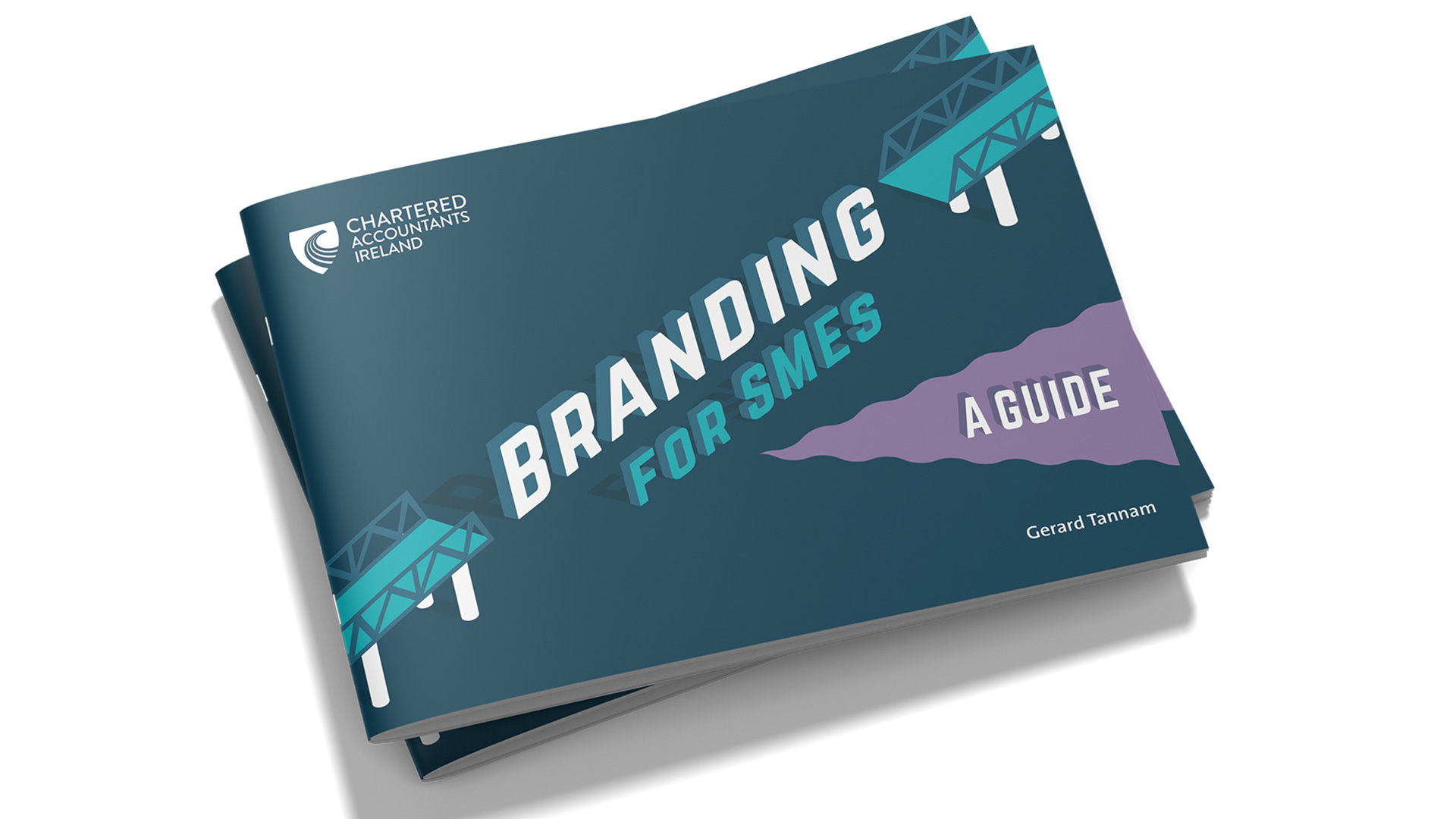Social enterprises can empower ordinary people to bring positive change to their communities and society, but what are the options and where do you start? Chris MM Gordon outlines what’s involved, and the invaluable support accountants can provide
If the COVID-19 pandemic has taught us anything, it is the importance to society of the power and resilience of ordinary people and local organisations providing community services.
Some of our busiest times at the Irish Social Enterprise Network were in the opening stages of the crisis when it seemed that for every private profit-making business that shut its doors, a social enterprise was opening theirs.
Communities formed groups to raise money for meals on wheels or to manufacture personal protective equipment for front-line workers. All of this was organic and determined—and because ordinary people felt empowered to make a difference.
Throughout that time, more people became interested in setting up social enterprises, to better manage volunteers or oversee any money that is being raised and spent.
There was an increased drive from communities to form social enterprises, make them sustainable and retain goodwill—and they turned to their professional advisors to help them set up these new entities.
What is a social enterprise?
A social enterprise is the original ‘business for good’. Social enterprises sell products and/or services for a profit, which is reinvested for a social and/or environmental cause. The National Social Enterprise Policy for Ireland 2019–2022 provides a more detailed definition:
- A Social Enterprise is an enterprise whose objective is to achieve a social, societal, or environmental impact, rather than maximising profit for its owners or shareholders.
- It pursues its objectives by trading on an ongoing basis through the provision of goods and/or services, and by reinvesting surpluses into achieving social objectives.
- It is governed in a fully accountable and transparent manner and is independent of the public sector. If dissolved, it should transfer its assets to another organisation with a similar mission.”
Social enterprises differentiate themselves in several ways. I find it useful to think of a social enterprises in terms of its ownership, funding and social impact.
Ownership: Social enterprises are generally held by, or in trust for, the people they aim to serve. Social enterprises might be democratically owned, as in a co-operative where one person has one vote. More commonly, they might be structured as a company limited by guarantee, the idea being that no-one can sell the organisation for their personal gain. (Social Enterprises in Ireland: Legal Structures Guide, published by the Thomson Reuters Foundation and Mason Hayes & Curran, discusses the legal structures available for social enterprises in Ireland.)
Funding: While social enterprises must generate income by selling products and/or services, it is common for them to receive grants or other public or philanthropic funding to supplement their income and allow them to function fully. Funding can come in many forms, but some funding streams are available to social enterprises only if they are set up as a specific type of company.
Social impact: There must be some measured social (and/or environmental) impact – for example, reducing homelessness – and the money raised or spent by the social enterprise needs to positively affect that impact.
‘Work integration social enterprises’ are organisations that employ those that are furthest from the labour market. These could be people with physical disabilities or mild, moderate, or severe learning difficulties. Such social enterprises are providing employment and opportunities that may not otherwise be available.
Setting up a social enterprise
The best approach to setting up a social enterprise will depend on the context and a variety of other factors, including the nature of the problem the community or individual is trying to solve. For the professional advisor, the first step is to understand this, ask the right questions, and to listen.
Community or individual?
Is the social enterprise being set up for and by a community or an individual? While it often takes a single individual to get things started, having the support and buy-in of a wider group of people shows there is a real need for the enterprise. It also increases the diversity of opinion and expertise needed to make a social enterprise successful.
An issue seeking an enterprise?
Someone wanting to set up a social enterprise may want to solve a specific problem that is close to them. They may have a sibling with a learning difficulty for whom they want to create a full-time job, for example. Their sibling loves making coffee, so they set up a café. This is an issue (finding employment for those distant from the labour market) that is looking for a business model to make it sustainable (a café).
An enterprise seeking an issue?
The same could be true for someone with specific skills, such as a business-minded barista, who would like to do more than simply sell coffee. They are also looking for a social purpose to invest in and decide to employ people that are distant from the labour market—in this case, people with learning difficulties. This is an enterprise (a café) seeking an issue (employment for those distant from the labour market).
Legal structure
There is no specific legal structure required for social enterprises in Ireland. However, in my experience, people setting up a social enterprise for the first time often think that it must be a charity, without being aware of what that entails.
Gaining and maintaining charitable status can be onerous for a start-up and may not be necessary, or even relevant, in all cases. Some sources of funding may require charitable status, however. Knowing the sources and requirements of initial funding is important for choosing the right company type for a social enterprise.
It may be tempting to advise a client to set up a social enterprise as a private company limited by shares and to spend its profits on whatever social cause they choose. This company type does not suit all circumstances, however.
Social enterprises come in a variety of forms. The use of each type of legal structure should be suitable, considered on its merits and aligned with the aims of the enterprise.
Again, the source of the entity’s funding and related requirements often determine the choice of structure. Here is an outline of the types of company set-up available to social enterprises:
Company Limited by Guarantee (CLG)
This company type is the one most often chosen for social enterprises and comes close to company types in countries that have specific legal structures for social enterprises.
CLG with Charitable Status
While charitable status (by application to the Charities Regulator) can apply to several types of legal structure, it most commonly applies to CLGs, subject to certain changes made to the constitution of the company, such as directors not being paid. There are advantages and disadvantages to having charitable status. Caution should be exercised as to whether it is necessary.
Co-operative
A co-operative is an enterprise that is owned and controlled by its members and operates for the benefit of its members. A minimum of seven members are required to register a co-operative. The law governing co-operatives is currently being reviewed and updated. It is hoped that more co-operatives will appear as their benefits become more apparent.
Private Company Limited by Shares (LTD)
Although this is the most common company type in Ireland, social enterprises tend not to be structured as private companies limited by shares.
Designated Activity Company (DAC)
While the designated activity company structure has been applied to some social enterprises, it is more generally associated with financial institutions. There are relatively few DACs in Ireland that are considered social enterprises.
The role of the accountant
Working with social enterprises as they succeed in making a difference is inspiring. Accountants are in a unique position to advise individuals and communities from start-up, setting them on a path for sustainable impact.
Accountants can help social enterprises choose the first door they walk through. Picking the right door is the challenge.
People setting up a social enterprise often focus on the type of company that is being formed. Having taken time to listen to the client and understand the problem they are aiming to solve, the accountant can ensure that all of the available options (and the pros and cons of each) have been considered, the finance requirements planned for and aligned, and ownership and governance issues anticipated before a legal structure is chosen.
Chris MM Gordon is Chief Executive of The Irish Social Enterprise Network
Useful resources
- The Social Enterprise Toolkit is a resource for communities and individuals setting up a social enterprise in Ireland. It is available to download for free at socialenterprisetoolkit.ie
- The Irish Social Enterprise Network is the national body for social enterprise in Ireland. It provides information on the sector and useful pointers for people setting up a social enterprise online at socent.ie
- Social Enterprises in Ireland: Legal Structures Guide (Thomson Reuters Foundation and Mason Hayes & Curran, November 2020) is available to download at trust.org
- BuySocial.ie is a growing online directory of social enterprises operating in Ireland: buysocial.ie.
- The Charities Regulator provides guides to setting up a company with charity status: charitiesregulator.ie
- The Irish Co-operative Organisation Society (ICOS) provides information on setting up as a co-operative: icos.ie/starting-a-co-op/intro.
This article was first published by Chartered Accountants Ireland at the following URL: https://www.charteredaccountants.ie/thought-leadership/articles-and-insights/articles/item/so-you-want-to-start-a-social-enterprise













